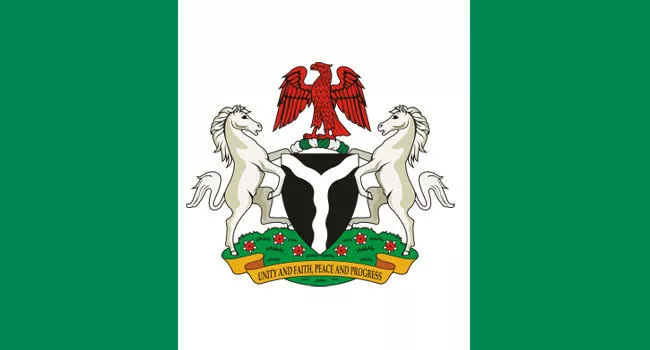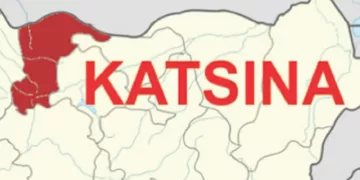Recently, rumours about a military coup d’état filtered into the public space. The vicious talk was so persistent that even some government institutions reacted to it. The military, itself, threatened court action against purveyors of the abhorrent practice that had been a drag on the nation’s development stride.
Frustration arising from the state of affairs in the country, presently, may have instigated such obviously tendentious commentaries by some persons that a probable military system was needed at this time. Years of experience have proved that democracy, with all its shortcomings, is preferable to the most benign of dictatorships especially in a multi-ethnic and multi-religious country like Nigeria.
This newspaper is exceedingly disturbed that any one would wish a return of military rule. But here we are, 25 years after Nigerians, as a collective, clamoured, fought for democracy and got it, opinions are beginning to enter into public discourse on the rejected system. To be fair, democratic rule in Nigeria has not lived up to the hyped expectation since its return in 1999. But nobody has ever said it is a perfect system of government. At best, in our opinion, it is still work in progress. All that is required is determination to make it a success.
What is worrisome, in our considered opinion, is the willful and wanton abuse of power and the commonwealth by elected representatives over the years which has not helped the perception by Nigerians of democracy. Regardless, the failings of these individuals do not, in any way or form, invalidate democracy as the better form of governance for a country like Nigeria.
In principle, democracy ensures elective representation which in turn makes it possible for inclusive governance. But for it to work, it definitely requires the input of all citizens of voting age not just the elite. Most democratic systems, like ours, are structured to allow for elective change of government, a system which ensures the replacement of elected officials who fail to live up to expectations.
This process that, ultimately, empowers the leaders that emerge, also is designed to enable the citizens, of voting age, to determine the quality of governance they desire by choosing freely. This significant feature, which is lacking in a military system, places the real power in the hands of the people.
What’s more, democracy, which affords the citizens a range of universal fundamental rights, including those of speech and association, allows dissatisfied citizens to register discontent about the way they are being governed per time. In that sense, the citizens are not helpless in ensuring that they build a democratic system that works for them.
In painting this colourful picture of democratic process, we are not oblivious of the antics of the political elite who are wont to manipulate the system and the citizens. This disappointing streak in the political class provides a plausible reason for power-drunk putschists to strike. It behooves the political elite not to, through their laxity, make this excuse inevitable. We expect them to learn from the nation’s recent history and not create an environment where untoward cravings for a return of the men in khaki becomes mainstream.
We consider it reassuring that several former military heads of state have repeatedly discountenanced the return of military rule in Nigeria. This is a good sign just as we insist that the only panacea is good governance. For what it’s worth, we are yet to critically and adequately evaluate the impact of military rule on the psyche of Nigerians who lived through that era. Governance is beyond provision of infrastructure, regardless of how effective.
One thing is clear, in our view, democracy is not an end in itself. It is a continuous process; a system that has to be constantly guarded and guided by its norms, principles and laws. For as long as the people continuously engage the system in the right ways, ensuring that their representatives deliver on their responsibilities, the wheels of democracy can only turn for the better.
Even in far older democracies like the United States of America, from where Nigeria’s was modelled, they still consider their system a work in progress. In fact, the last 10 years has seen some of that country’s leaders express concern about their democratic system signifying a need for refinement.
It’s a good thing that the National Assembly has commenced the constitutional amendment process to make the document more relevant and better. We expect the lawmakers to interface with Nigerians in the course of this exercise. We hope that they will use this opportunity to reflect on the need to provide quality representation and help engage the executive and judiciary so as to make governance more people- oriented.
While this is ongoing, it is imperative to stress that there is no alternative to representative political structure and system. This is even as we caution that all whispers about any form of coup be silenced for Nigeria cannot afford to thread that path again. The political class and the citizens must give the hot heads in the military reasonable cause to perish the thought, if any.











